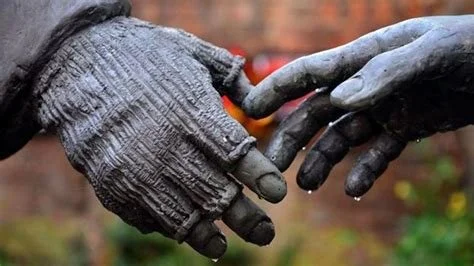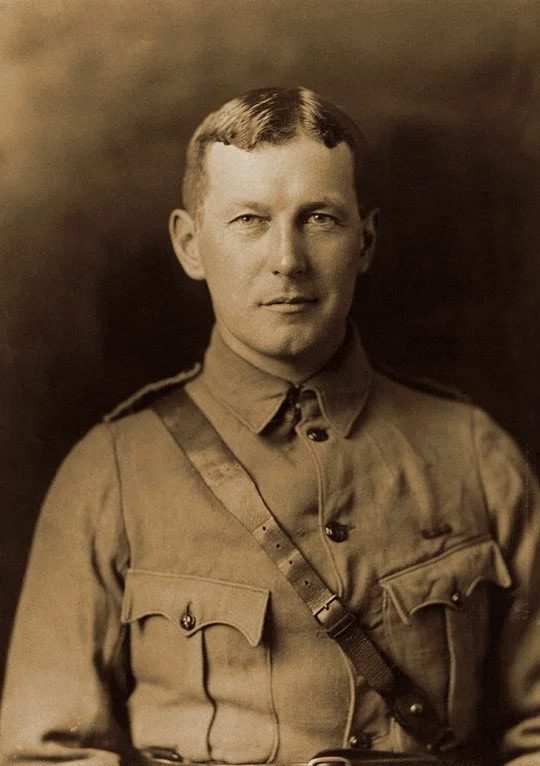The UK joined the EU in 1973, voted to leave in the 2016 United Kingdom European Union membership referendum and on 1st January 2021, following a series of negotiations and extensions, will become the first country to formally leave the EU.
During those 47 years of membership, the UK has benefited from a consolidated European approach to crime, particularly during the second half of membership which has seen the establishment of several EU wide crime fighting agencies such as Europol as well as extensive database networks such as the Schengen Information System.
It is likely that the UK will remain able to benefit from the majority of the EU crime fighting capabilities by establishing agreements in the way which Norway and Switzerland do in their capacity as non-EU members, although it may take some time to put these agreements in place.
The EU, as a geographical concept, was always going to create a platform for criminals, particularly organised crime gangs to operate - a large, free moving single area with open borders is very difficult to police, especially when you have many different countries with their own history and culture trying to operate as once big crime flighting group. Being an island, it is reasonable to assume that with sufficient border and coastal security the UK should be well placed to maintain a good level of security even without the benefits of the EU criminal information sharing capabilities. In fact, it may be that the UK end up with the ‘best of both’ situations by still being able to access EU crime fighting agencies and databases but at the same time, having more of an autonomous approach to controlling who enters the UK and why.
There is no doubt that a European wide security approach is a significant tool in fighting crime and goes someway to mitigate the risks associated with the geographic difficulties - media is awash with success stories of European-wide crime fighting, such as the Enchrochat network which was used by high-level and serious organised crime gangs and infiltrated in June this year by a Europe-wide criminal investigation resulting in over 1000 arrests.
Traditionally, even within single countries, crime fighting agencies have struggled with the practicalities of information sharing so when you consider this concept internationally, it is no surprise that intelligence sharing between countries can be poor. The EU went some way to improving this and ultimately probably operate in a similar manner to the inter-state based federal crime fighting capability in the USA.
In summary, as long as the UK can maintain some form of membership to the key European crime fighting agencies and have access to the associated databases, then there should be very little change to the threat caused by European wide organised crime in a post-Brexit world. Coupled with an increase in border controls, it is actually possible that the threat may be reduced further and UK crime fighting will therefore benefit from Brexit.

























